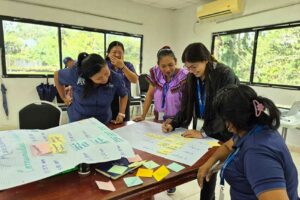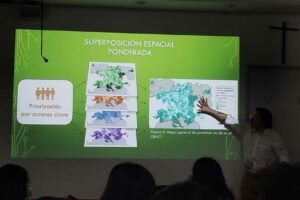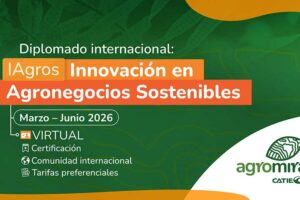Progress in community monitoring of food and nutritional security
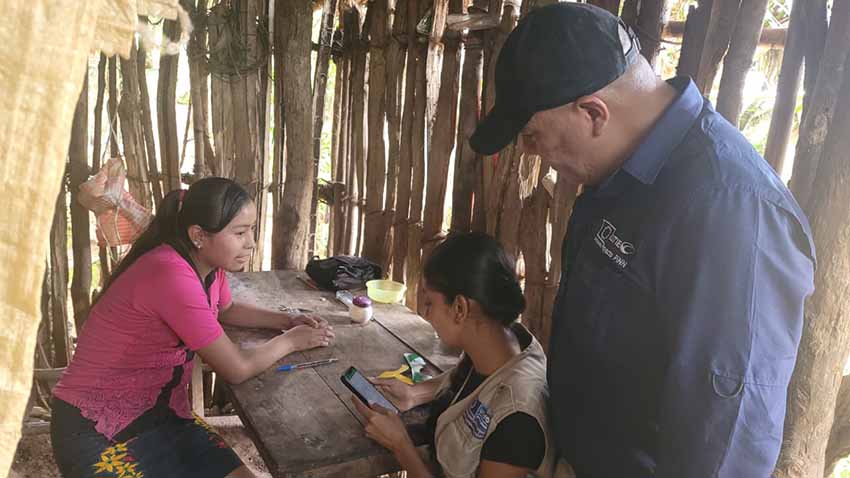
- Through the application of a knowledge and practices measurement tool in food security, better intervention strategies are developed in Guatemala.
July 26, 2023. CATIE (Tropical Agricultural Research and Higher Education Center), through the National Nutrition Information Platform (PiNN) project, in coordination with the United Nations Children's Fund (UNICEF) and the Secretariat of Food and Nutritional Security of the Presidency of the Republic in Guatemala (SESAN), has created a web tool to conduct the Community Knowledge, Attitudes, and Practices (CAP) survey. The aim is to identify what people in the communities prioritized by the Municipal Commissions of Food and Nutritional Security (COMUSAN) know and do about basic hygiene, water and disease, water purification, environmental sanitation, prenatal care, breastfeeding, complementary feeding, micronutrients, disability, and prevention of violence against children.
Eduardo Say, coordinator of the PiNN project, commented that the web application allows users to visualize, filter, search and download data collected from the digital form for the community survey related to the prevention of chronic malnutrition.
Say added that this tool can automatically generate statistics, results and conclusions according to the LQAS (Lot Quality Assurance Sampling) methodology for community monitoring developed by SESAN and UNICEF.
Recently, the PiNN project team, in coordination with SESAN, moved to communities in Chiquimula and Alta Verapaz, in order to validate the operation of the mobile and web application of the community survey, to obtain elements of continuous improvement on the process of capturing and processing the data collected. According to Gabriela Ogaldes, nutrition advisor for PiNN, this field validation is part of the continuous strengthening carried out by the project.
Ogaldes indicated that work was carried out in Tucurú, Panzós and Cobán, in the department of Alta Verapaz, as well as Chiquimula, Camotán, Olopa and San Juan Ermita, in the department of Chiquimula.
This process was carried out with the support of Karin Medrano, SESAN's coordinator for Biological Utilization, who affirmed that thanks to the support and coordinated work between projects of the European Union, executed by CATIE and UNICEF, the tool that paves the way for much more effective actions within the framework of the Communication Strategy for Social and Behavioural Change, for the prevention of chronic malnutrition and malnutrition in general, is being improved.
For Oscar Díaz, municipal monitor of SESAN in the municipality of Camotán, department of Chiquimula, the tool is simple, although some questions need to be adapted to the context during its application in the field; this enriches and contributes to the improvement of the application.
Finally, Say pointed out that these applications, as well as others that CATIE has developed through the PiNN project, are a significant contribution in the fight to reduce malnutrition and implement strategic actions that can contribute to good practices in the communities, based on the premise of evidence-based decision-making.
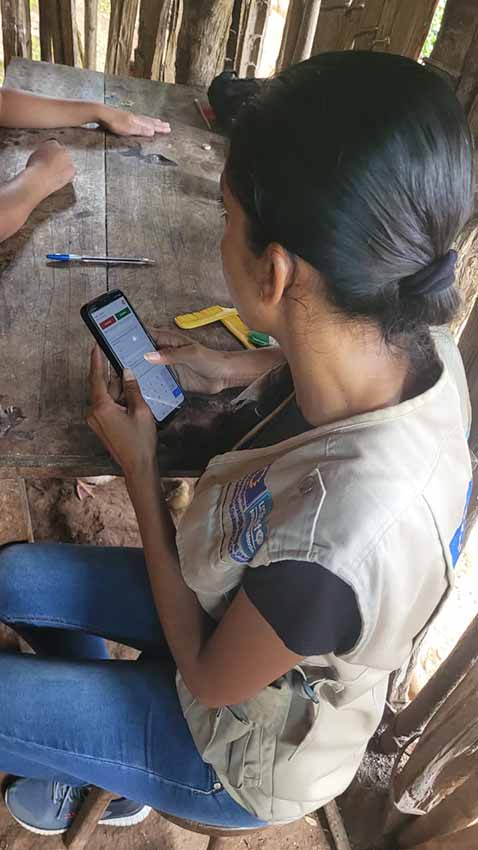
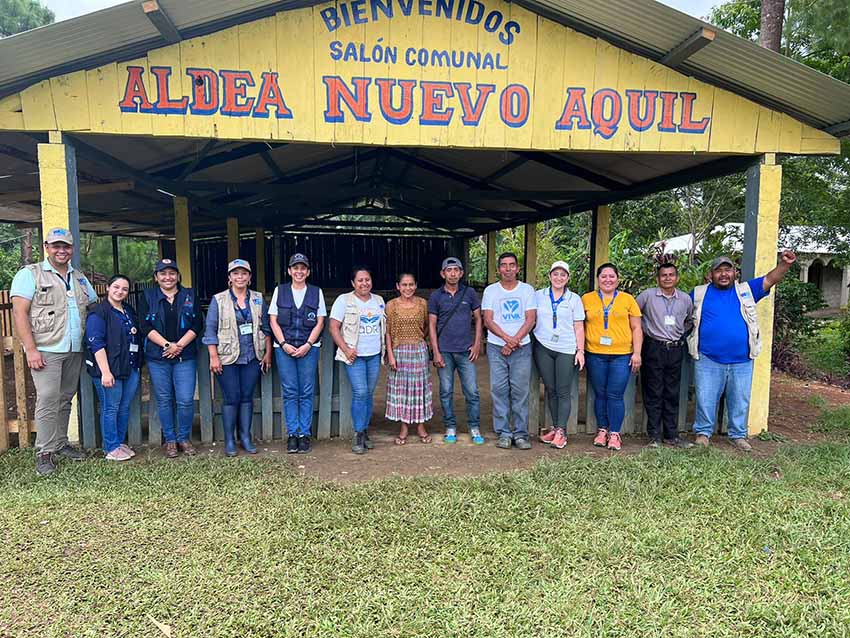
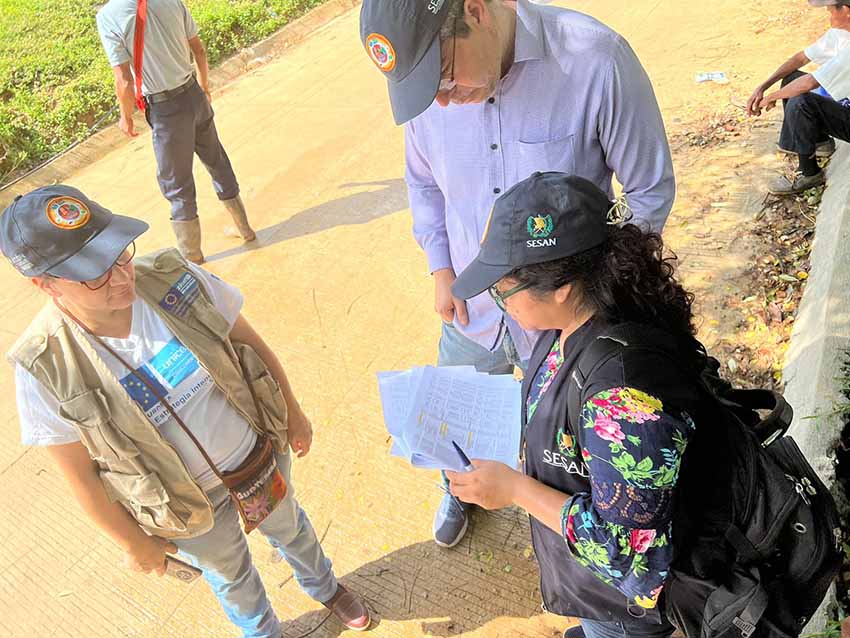
More information:
Eduardo Say
Coordinator
PiNN Project
CATIE
esay@catie.ac.cr
Written by:
Ninoshka Lou
Communicator
PiNN Project
CATIE
Ninoshka.lou@catie.ac.cr
Tag:Guatemala, monitoreo, nutrición, Food security

